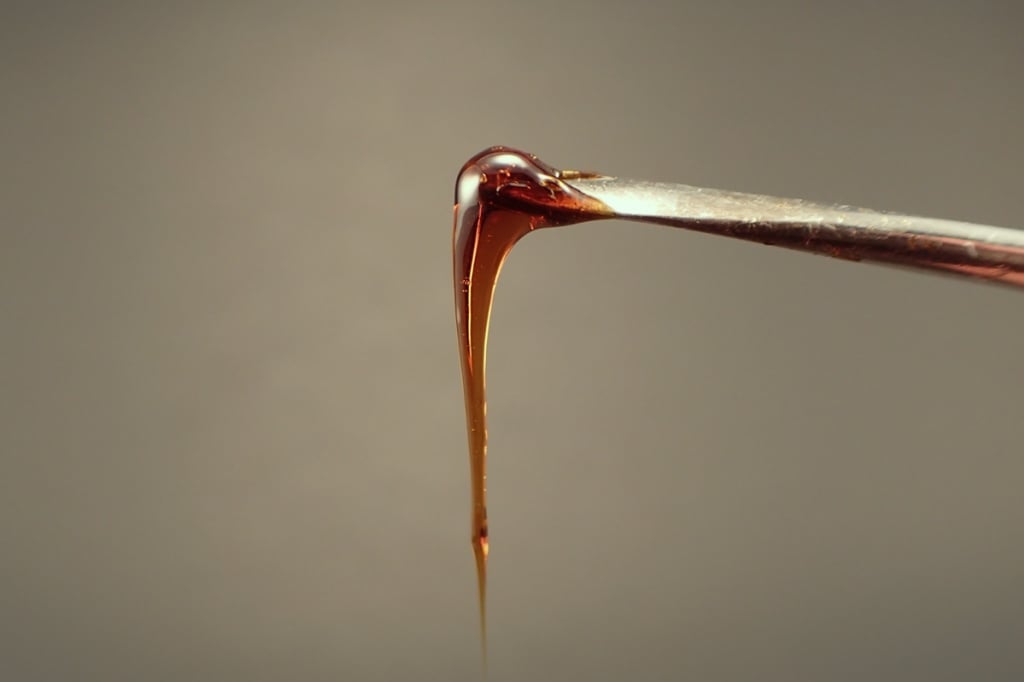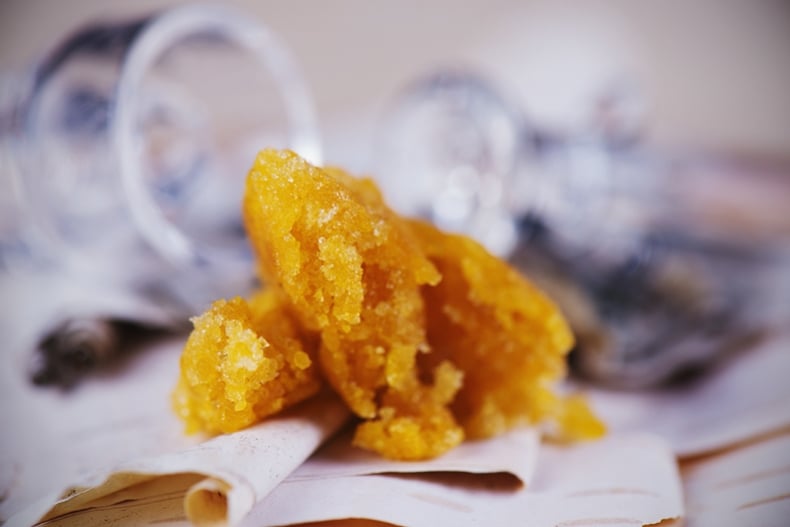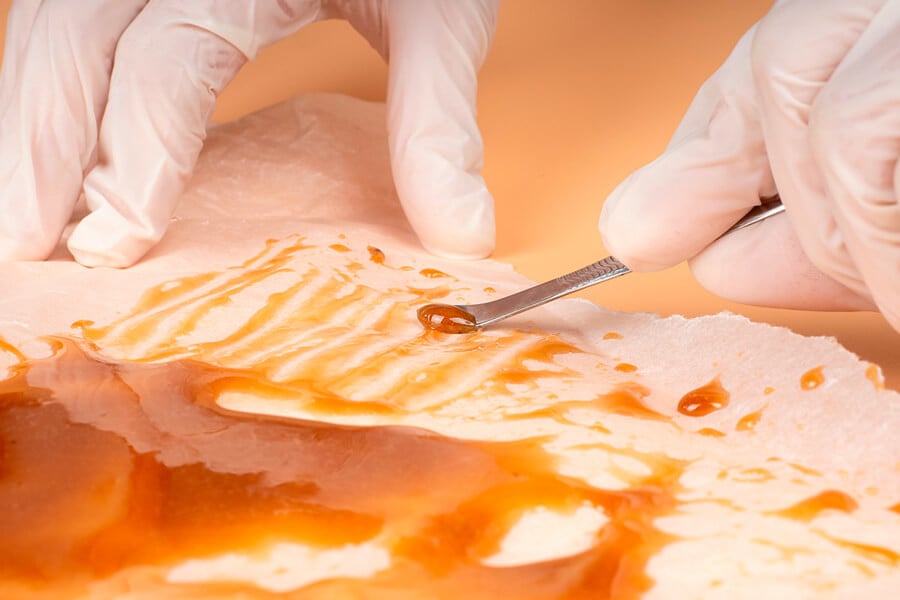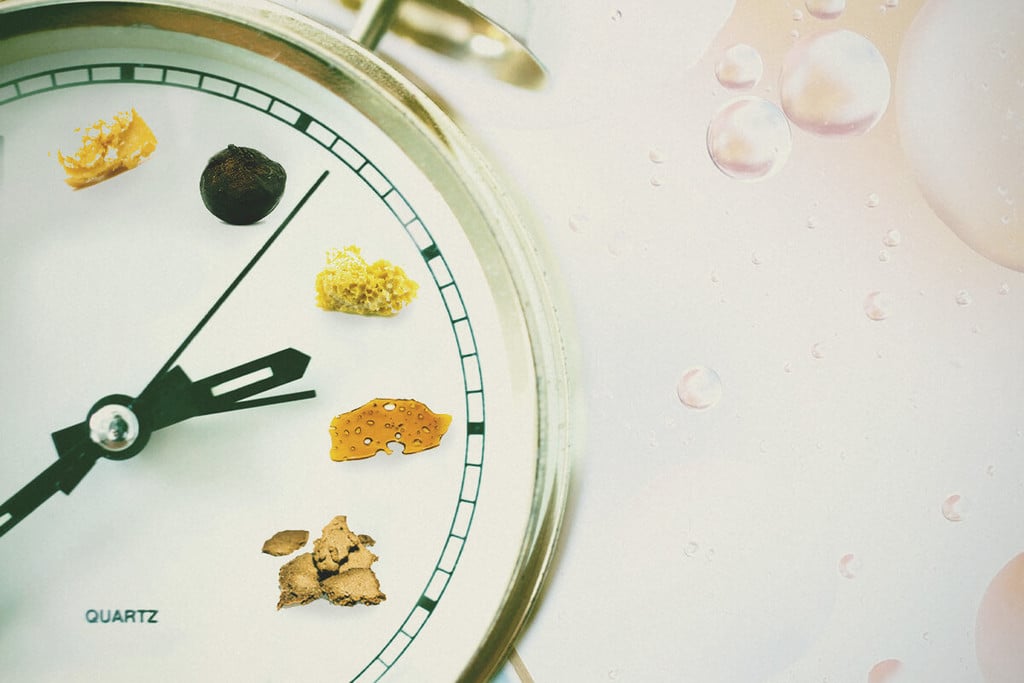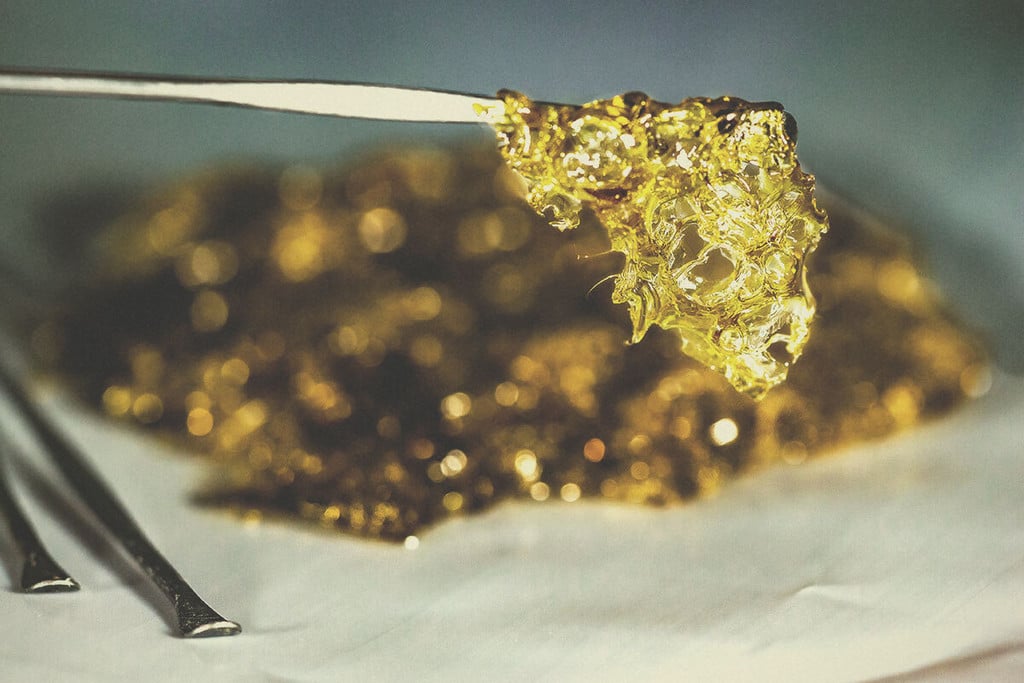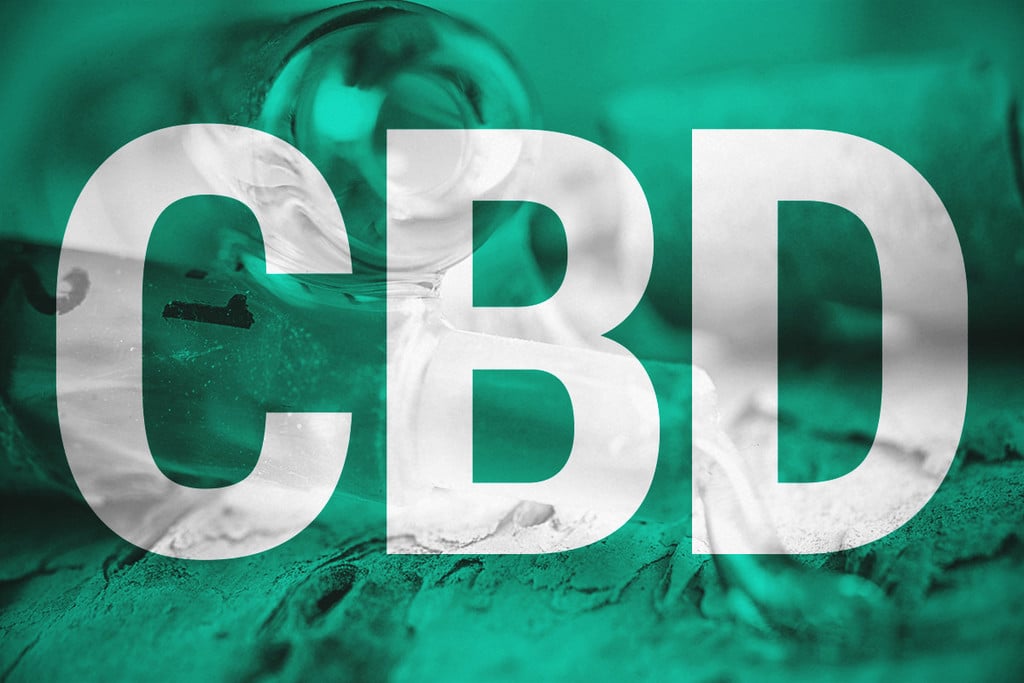.
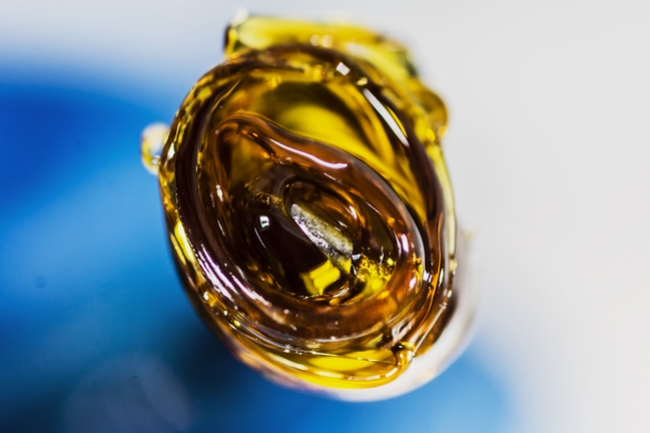
Shatter And Wax: What Are They And How Are They Made?
Shatter and wax are terms used to describe two types of cannabis extracts. Both are highly concentrated, containing up to 90% THC or CBD. Read along to find out more about shatter and wax.
Contents:
Cannabis Concentrates: Shatter And Wax
Shatter and wax are two examples from a family of products known as cannabis extracts or concentrates. Cannabis extraction technicians endeavour to separate cannabinoids and other essential compounds from the green plant material they are derived from. Ultimately, the goal is to create a “concentrated,” clean, and highly potent final product. Of the numerous constituents isolated from plant matter, THC and CBD are perhaps the two most notable. However, terpenes, fats, omega acids, and phyto proteins can all be liberated with the extraction process.
-
What Is BHO?
There are several different types of concentrates, including hard hash, oils, budders, charas, and nederhash, among others. These all result from several different types of extraction methods. There are both solvent and solventless approaches to extractions. Carbon dioxide (CO₂), propane, pure hydrocarbons, alcohol, steam and cold pressing make up some of these techniques. Shatter and wax are types of extracts produced most often through the solvent-based method known as BHO or Butane Hash Oil.
Butane acts as the solvent which dissolves the essential oils and other soluble compounds. The plant material and other membranes that hold the resins are left behind as waste. Unlike hard hash, which is essentially compressed trichomes that retain their membranes and sacs, BHO strips the oil from the trichomes, leaving behind cellular membranes and other organic reservoirs. This results in what is considered one of the “purest” forms of concentrate.
-
How Are Shatter And Wax Made?
Matured and cured flowers and trimmings are packed into a tube. Then, butane is forced through the tube. In effect, the butane strips the cannabinoids and other desirables from plant matter. The butane is then purged and left to evaporate. This process is extremely important as butane residue is not exactly the healthiest thing to ingest. Depending on terpene profile, type of solvent, evaporation method, temperature, and post-processing, BHO will produce varying hues of concentrate with varying physical consistencies.
Shatter vs Wax: Is There a Difference?
Shatter is a translucent sheet that often dries to a toffee-like hardness when the butane evaporates. It is not mixed or agitated to create a new consistency. Sometimes, it will be viscous like cold honey and called “sap.” Other times, it is called “pull and snap” and has a consistency in between liquid and solid, just like taffy.
Wax is semi-solid and opaque, resembling hair wax or cream colored ambergris. Wax is formed when the evaporating mix is agitated. The resin molecules do not settle symmetrically into the glass-like lattice of shatter.
Of course, genetics play a large role in determining the overall result of an extract. Regardless of which solvent is used, strain is still of the utmost importance.
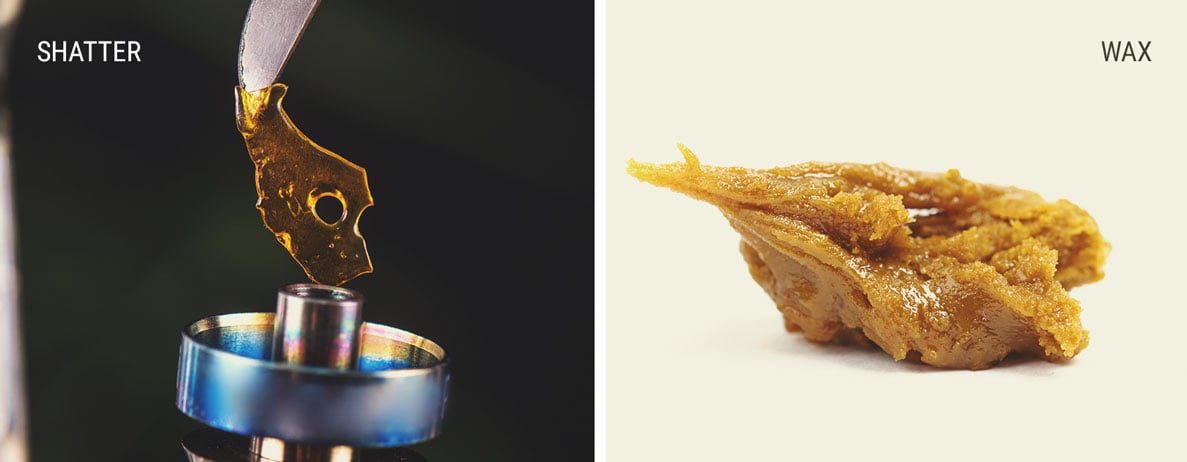
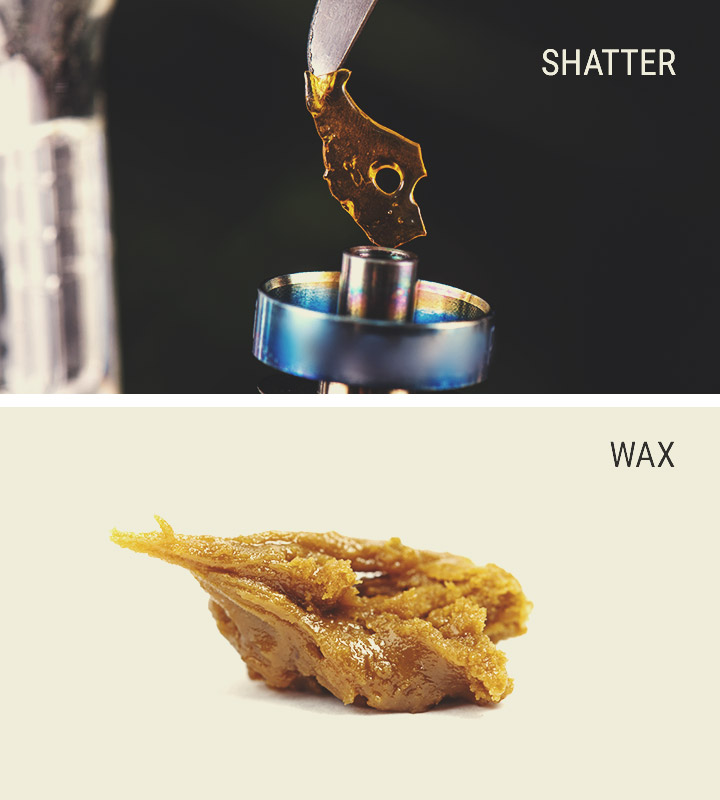
-
Good Wax vs Bad Wax
Cannabis wax should be soft, crumbly, and opaque. But as with all cannabis products, you can get good wax, and you can get bad wax. How can you tell the difference?
One of the most immediate ways to judge the quality of wax is by its color. Generally, darker colouration means that a wax is of poorer quality than, say, a light amber wax. However, while this can be used as a rule of thumb, it is not a firm rule, and top-quality wax can sometimes be dark.
So, the most failsafe way to judge the quality of your wax is to try it. A pure concentrate should taste clean and delicious, with the terpenes singing in harmony. A poor-quality wax will have a dirtier taste, closer to smoking. And after the flavor, of course, the effects should give you the greatest indication of quality. Clean, potent highs are what you should expect from a top-shelf wax.
-
Good Shatter vs Bad Shatter
Similar rules apply for judging the quality of shatter. First, it should be translucent and even. More so than with wax, impurities will be obvious with shatter. If you see anything trapped in the gorgeous amber, then it’s likely not the highest quality. Likewise, when light shines through it, it should be a delicious golden color.
As with wax, both the flavors and effects of a good-quality shatter will be clean, strong, and very pure. With experience, you will easily be able to judge the quality of both weed shatter and wax.
What Are the Different Types of Wax Dabs?
Shatter and wax aren’t the only two types of concentrates. There are actually quite a few, each with their own nuances and particularities. The more common are:
| Oil dabs | Sugar wax dabs | Budder dabs | Crumble dabs |
| Oil dabs | Sugar wax dabs |
| Budder dabs | Crumble dabs |
While all are similar, slight variations in extraction method, how the solvent is evaporated, and other factors lead to concentrates of different consistencies and temperaments.
How Are Shatter And Wax Used?
Wax and shatter are two styles of the same substance. The concentration of cannabinoids is consistently high, ranging up to around 90%. Both can be used in the same fashion by dabbing or vaping. Although, wax is usually easier to handle when it comes to dabbing. Both, however, will enhance a joint or bong of weed tenfold. Even still, wax and shatter can be gently heated and infused into edibles.
Concentrates are a rapidly expanding, legitimate industry. Gone are the days of dangerous extraction processes in garages and backgardens. An educated and discerning market is being catered to with the best quality products. Laboratory equipment and modern extraction technology is resulting in some of the finest cannabis products to have ever existed.


-
How to Dab With a Wax Pen
Dab pens and wax pens are becoming more common. But you might be wondering, what is a wax pen? Moreover, is there any difference between dab pens vs wax pens?
Despite their similarities, dab pens and wax pens are slightly different.
A wax pen is like a traditional vape pen, but, shockingly, specifically designed to vaporize waxy concentrates. Working at higher temperatures than vape pens, they melt and then vaporize the concentrate, allowing it to be inhaled, and allowing you to enjoy the rich effects and flavors of your top-quality cannabis wax.
Dab pens are similar, but specifically designed for hard concentrates, such as shatter. They melt the concentrate onto a coil, where it is vaporized and rendered ready for your lungs.
Using either is simple. Though every brand differs slightly, it involves loading your concentrate into the chamber, choosing your temperature, and allowing it time to vaporize. Then you just have to get high!
How to Make Shatter Wax at Home
Making weed shatter wax at home is pretty simple, so long as you’ve got enough bud and you’re willing to put in a little effort.
Equipment
Making shatter requires a few things, and none (apart from the kief) are too hard to come by. Here’s what you need to make shatter at home:
Kief can be collected in various ways. Perhaps the simplest is using a grinder with a kief catcher, or otherwise moving bud across a fine mesh screen and collecting the trichomes that fall through. More comprehensive methods can also be used, such as cold water extraction. Whichever you choose, you’ll want a fair bit if you plan to make a good amount of shatter wax.
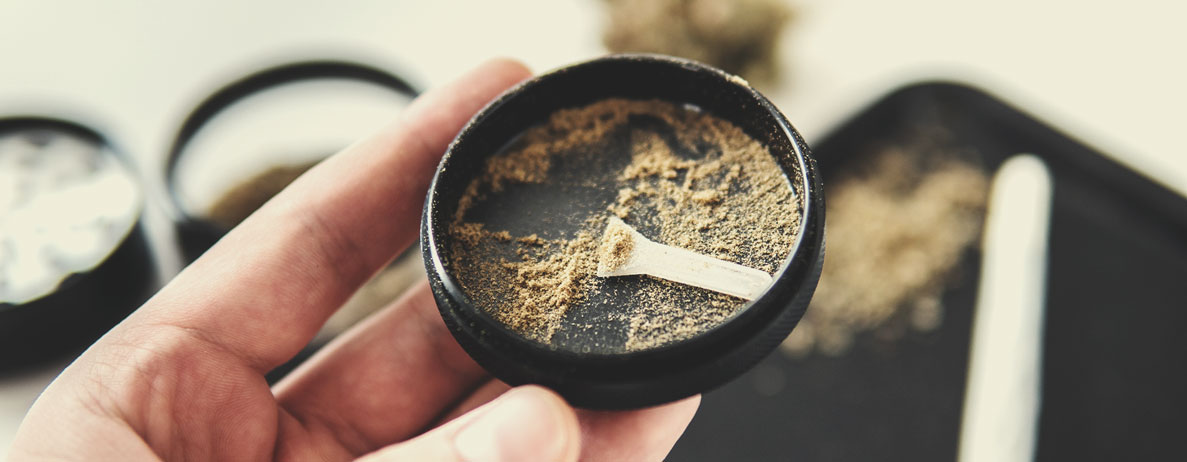
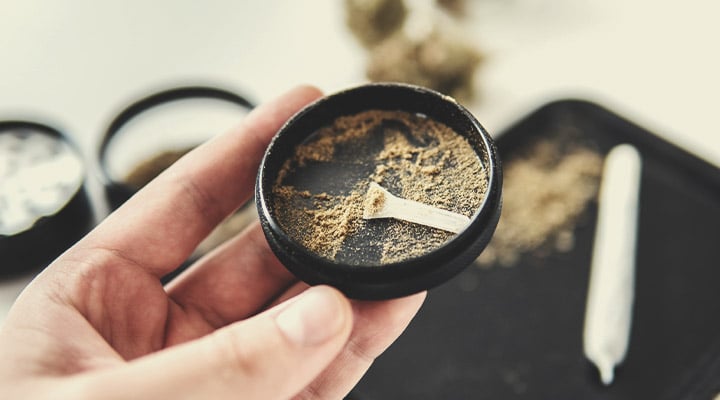
Directions
The steps are few and simple:
- Pour your kief onto the baking paper; try to keep it in a square shape.
- Fold the baking paper tightly over the kief in a square. If necessary, hold it with tape and trim the edges. Then, wrap in a second sheet.
- Turn on the hair straightener. Once it’s hot, clamp down over the baking paper hard and hold for about 10 seconds. Use your gloves here; you don’t want to burn your hands.
- You’ll notice a honey-like substance has seeped from the inner kief parcel into the outer. This is wax. Gently unfold the outer layer and leave it to cool. Once it’s dry, scrape it off, and you have yourself some homemade shatter wax!
- Wrap the inner parcel again and repeat the process. It’s likely that not everything was extracted the first time round.
- Using a dab rig or a wax pen, enjoy yourself!


























